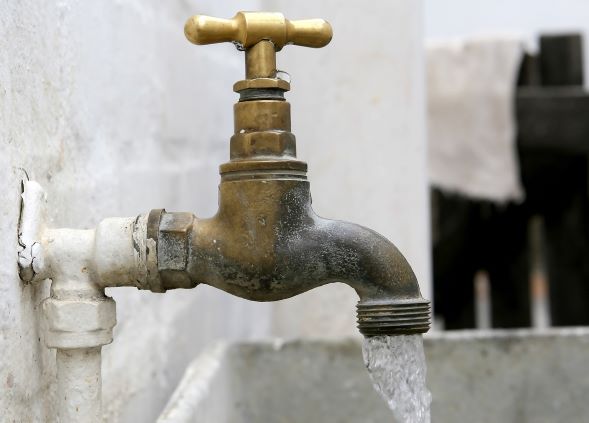

According to the National Geophysical Research Institute’s various studies, the largest groundwater depletion in the world is happening in northern India and Delhi is right at the center of this fast-developing crisis.
“From Delhi, Haryana, Punjab, Western UP and Rajasthan, 32 cubic km of water is being lost every year, which is much more than the usual, and it’s only partially being recovered in successive monsoons,” said Dr Virendra M Tiwari, director of National Geophysical Research Institute (NGRI), which conducted the research. In summers, the strain on underground aquifers is higher. “In a drought year, the extraction in northern India is going up to 100 cubic km,” he said.
He further added that there is no clarity as to how much groundwater is left. With the surge in population and shrinking of surface water resources, the level of water in underground aquifers in the region is falling by over 10 cm per year, research has shown. “And yes, Delhi is the centre of that with several other environmental impacts. Nutrients are dying out, soil type is going bad. It has a huge cascading effect,” Tiwari said in a media interview.
Scientists say that groundwater is being pumped out 70% faster than what the Central Groundwater Board of India estimated earlier. A study says India has constantly utilized groundwater from the onset of the green revolution primarily to ensure food security for its growing population, therefore, making sustainable groundwater management extremely challenging particularly in over-exploited states of Delhi, Punjab, Haryana, Gujarat, Andhra Pradesh, Telangana, and Tamil Nadu.
Last year, The NITI Aayog released the results of a study warning that India is facing its ‘worst’ water crisis in history and that demand for potable water will outstrip supply by 2030 if steps are not taken. Nearly 600 million Indians faced high to extreme water stress and about 2,00,000 people died every year due to inadequate access to safe water.
It further adds that twenty-one cities, including Delhi, Bengaluru, Chennai, and Hyderabad will run out of groundwater by 2020, affecting 100 million people. The study notes that these 21 cities could face ‘Zero Day’ anytime within two years.
[related_post]
Similar findings could be traced in a report prepared by the Central Ground Water Board (CGWB) and state groundwater departments, which says Delhi is the third most ‘over exploited’ groundwater state in India after Punjab and Rajasthan. The report says that 56% of tehsils in Delhi — analyzed by the government agencies — were found to be overexploited. Out of the 27 tehsils analyzed in Delhi, five were found to be in the ‘safe’ category, seven in ‘semi-critical’ category and remaining 15 under ‘overexploited’ category.
A comparison of depth to water level of August 2018 with decadal mean of August (2008-2017) indicates that more than 50% of the wells analyzed have registered decline in groundwater level, mostly in the range of 0-2 m, in the states/UTs namely Arunachal Pradesh, Assam, Bihar, Chandigarh, Dadra Nagar Haveli, Delhi, Haryana, Kerala, Meghalaya, Pondicherry, Punjab, Rajasthan, Tamil Nadu, Uttar Pradesh and West Bengal– says CGWB.
The water table has been found to be declining more than three meters per year in isolated pockets of New Delhi and northwest districts. A similar trend in groundwater levels has been observed in parts of south, east, northeast, north and northwest districts along the Yamuna and New Delhi, west and southwest districts. In areas close to the Najafgarh drain and industrial sites, the groundwater was found to be polluted as well.
1. The mandate for blending Compressed Biogas (CBG) with natural gas has come into effect…
Andhra Pradesh is striving towards greening its energy sector with quite some speed. In a…
With an objective to bolster India’s green energy goals, a Tripartite Agreement has been signed…
The Union MNRE Minister Pralhad Joshi launched the Green Hydrogen Certification Scheme of India (GHCI)…
India’s energy conglomerate Bharat Petroleum Corporation Limited (BPCL) has commissioned a 5MW green hydrogen plant…
In a historical development, the European Space Agency (ESA) has successfully launched its pioneering ‘Biomass’…